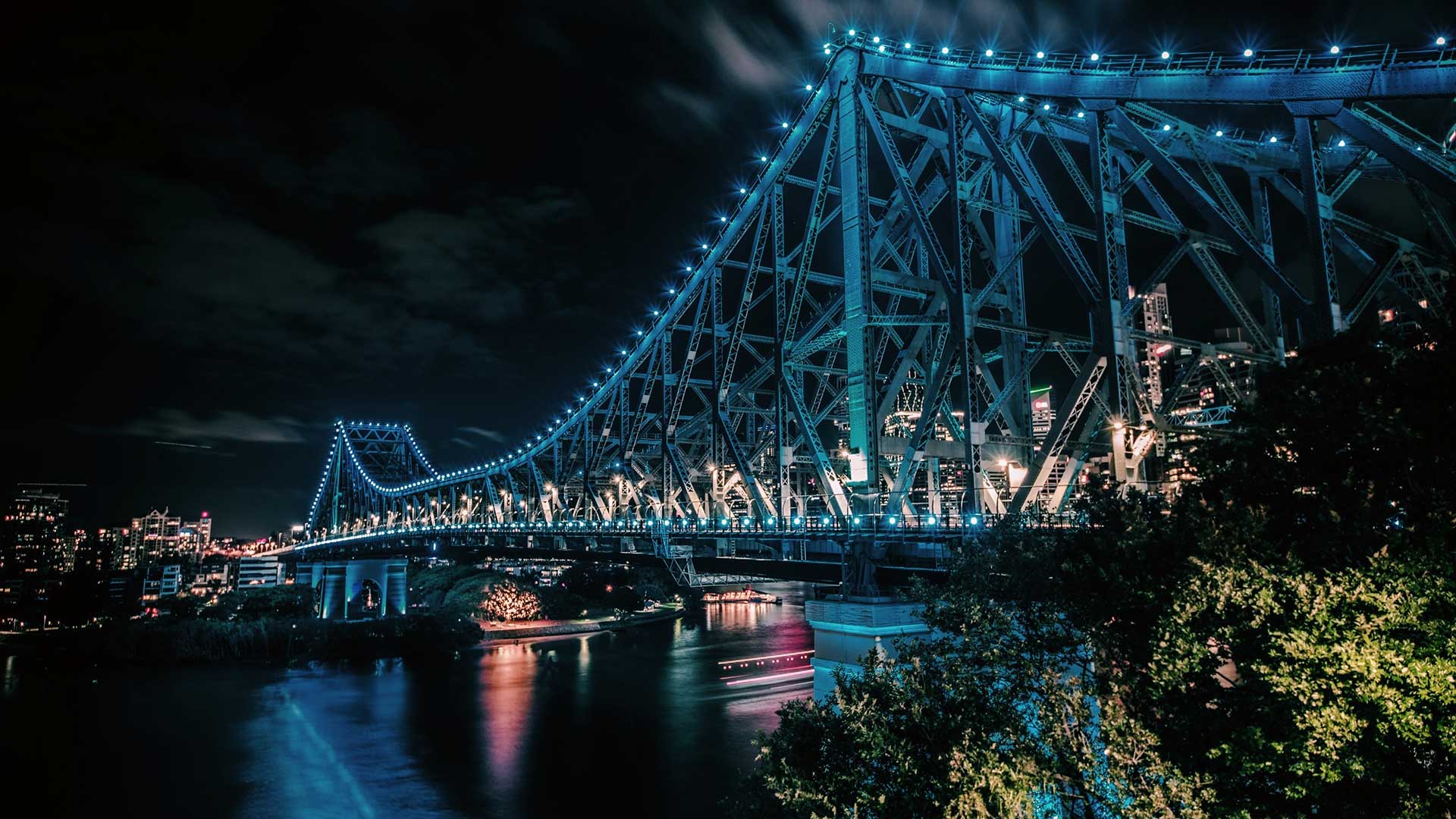Domestic Border Restrictions Are Changing Around Australia Due to Brisbane's New COVID-19 Cluster
With the Greater Brisbane area going into lockdown, authorities across the rest of the country have been changing their border rules.
When the Queensland Government reported a new community case of COVID-19 in Brisbane last week, other Australian states were quick to change their health advice and border requirements. Now that the Greater Brisbane region is heading into a new three-day lockdown from today, Monday, March 29 — and now that the area has seven local cases — authorities across the rest of the country are responding again.
Brisbanites (which includes residents of the Brisbane, Moreton Bay, Ipswich, Redlands and Logan local government areas) can't travel anywhere until at least 5pm AEST on Thursday, April 1. But, if you were thinking of heading elsewhere after that — presuming that lockdown ends when it's slated to — you might need to change your plans.
If you're located in another part of Australia and you'll soon be travelling to the Sunshine State, you might need to adjust as well — or prepare to quarantine upon your return.
New South Wales hasn't changed its border rules, but it does have testing and quarantine requirements for anyone who visited specified Byron Bay venues over the weekend — as they were also attended by two of Queensland's new COVID-19 cases. NSW also requires anyone who has been in Greater Brisbane since Saturday, March 20 but returned south to comply with Brisbane's lockdown conditions for the next three days.
In terms of travel, NSW Premier Gladys Berejiklian advises that the state's residents don't go north. "We are not shutting down our border. We recommend people who were considering going to Greater Brisbane: change your plans. And, also consider changing your plans if you were travelling anywhere in Queensland, because we understand there have been some cases or potential cases outside of Greater Brisbane and throughout broader Queensland," the Premier said.
In Victoria, under its traffic light system, Greater Brisbane has been declared a red zone. That change will come into effect at 6pm AEDT today, Monday, March 29. Accordingly, non-Victorian residents will not be allowed to enter Victoria without an exception, specified worker permit, transit permit, freight worker permit or exemption. Victorian residents who are currently in or have been in a red zone can apply for a red zone permit to make their way back home, but you'll then have to self-quarantine for 14 days from the day you return.
Over in Western Australia, the state is putting its hard border back in place with the entirety of Queensland, effective 12.01am on Tuesday, March 30. The state will be designated a medium risk zone under WA's categorisation system, which means travel from Queensland will no longer be allowed if you've been in Queensland since Saturday, March 27 — unless you're deemed an exempt traveller (which applies to a very small list), then self-quarantine for 14 days and submit to testing multiple times.
South Australia is implementing a hard border, too, but just with Greater Brisbane. Effective 4pm SA time today, Monday, March 29, only South Australians, essential workers or people genuinely relocating are allowed to enter the state from Greater Brisbane, and they'll need to quarantine for 14 days and get tested.
The ACT has declared Greater Brisbane a hotspot, effective 6pm AEDT today, Monday, March 29. For non-ACT residents wishing to travel down from Brisbane, you'll now need an approved exemption from ACT Health. For residents coming back from Brisbane, you'll need to complete an online declaration form before leaving, and then quarantine for 14 days and get tested once you return.
Tasmania won't allow entry from folks who've been to the Greater Brisbane area within 14 days of their arrival, except for people deemed essential travellers — and then you'll need to quarantine for 14 days.
The Northern Territory now requires testing and quarantining under a number of circumstances, including anyone who has been in Brisbane or Moreton Bay since Saturday, March 20 (and from Friday, March 12 if you have any COVID-19 symptoms). If you've been in Ipswich, Logan, Redland City or Gladstone since Thursday, March 25 — or Toowoomba since Friday, March 26, or Byron Bay since Saturday, March 27 — the same applies. And, you'll need to quarantine until you receive a negative result.
To find out more about the status of COVID-19 in Australia and how to protect yourself, head to the Australian Government Department of Health's website.





